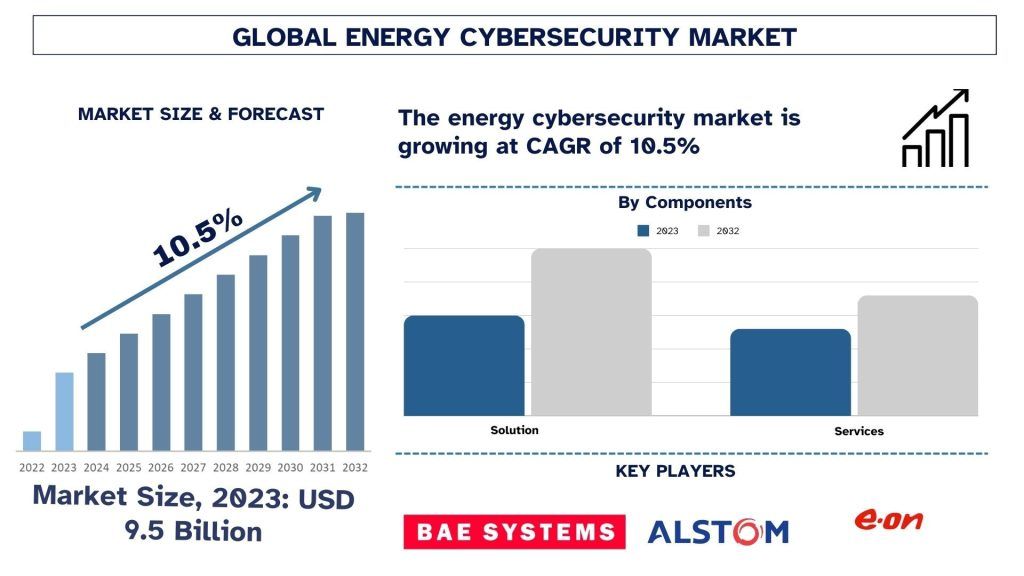Construction is evolving with an emphasis on speed, safety, quality, and cost-efficiency. A key innovation supporting this transformation is the modular piping system—pre-fabricated pipe assemblies constructed off-site and then quickly installed on-site. This method is revolutionizing how pipelines are built in industrial, commercial, and infrastructure projects. In this blog, we’ll examine the many advantages of modular piping systems and why they’re becoming the go-to approach for modern construction.
1. Dramatic Time Savings
One of the strongest advantages of modular piping systems in construction is fast deployment. Assembling piping modules in a controlled workshop while site prep occurs simultaneously reduces project timelines significantly. Some studies report up to 50% faster construction schedules with modular methods Advance Piping Systemsansgarindustrial.com. Quick installation also means faster commissioning and revenue generation.
2. Improved Quality Control
Factory conditions ensure consistency, accuracy, and precision. Welding, alignment, and testing are done under tightly controlled environments, minimizing defects and ensuring high-quality assemblies. Complex systems—complete with valves, instrumentation, and fittings—can be pre-tested before arriving on-site, reducing errors and rework ansgarindustrial.com.
3. Lower Costs and Reduced Waste
Modular fabrication delivers significant cost benefits: less on-site labor, fewer delays, and reduced material waste. Factory-based assembly allows better control over resources and reduces surplus material loss. It also ensures reduced need for skilled labor on-site, streamlining workforce and budget management.
4. Enhanced Safety
Construction sites are hazardous. Modular piping reduces on-site cutting, welding, lifting, and heavy handling—all risky operations. Instead, most work is done in safer factory settings. This shift helps lower the risk of injuries and accidents on-site.
5. Flexibility and Future-Proofing
Modular designs are adaptable and future-ready. Need to expand or retrofit? Just swap out modules instead of redoing entire systems. This modular nature is ideal for dynamic environments like data centers, hospitals, or industrial facilities where adaptability is critical.
6. Consistency Across Projects
For firms handling multiple projects, modular systems guarantee standardized performance, design, and quality. Once a module design is perfected, it can be replicated across sites without variation, minimizing design risks.
7. Environmental Sustainability
Modular fabrication reduces site emissions, waste, and disruptions. Factories can optimize energy use, recycle materials, and minimize on-site environmental impact. The U.S. Department of Energy notes waste reductions up to 90% compared to traditional methods ansgarindustrial.comWikipedia.
8. Real-World Applications
Modular piping is gaining traction in industries like:
- Oil and gas (refinery skid piping)
- Power generation (steam and cooling lines)
- Healthcare (medical gas and HVAC)
- Commercial buildings (fire suppression, plumbing)
- Pharmaceuticals (clean systems requiring high precision)
The approach suits any project demanding quality, speed, and reliability.
Brand Relevance (One Paragraph)
When adopting modular piping systems, partnering with experienced suppliers ensures both precision and reliability. For instance, Plasco Pipes offers modular pipe solutions crafted to align with modern construction demands—delivering consistent quality while supporting efficient and safe project delivery.
Conclusion
The advantages of modular piping systems in construction are clear: accelerated timelines, higher quality, cost savings, improved safety, adaptability, consistency, and sustainability. As the building industry continues embracing innovation, modular piping stands out as a future-ready approach for smarter, more resilient construction.


